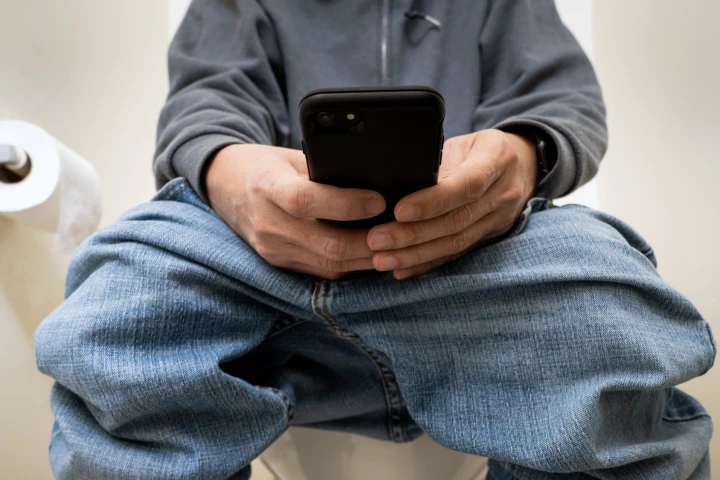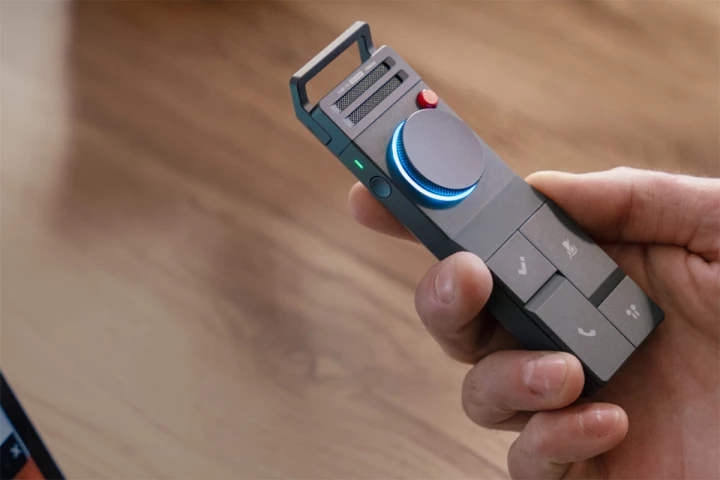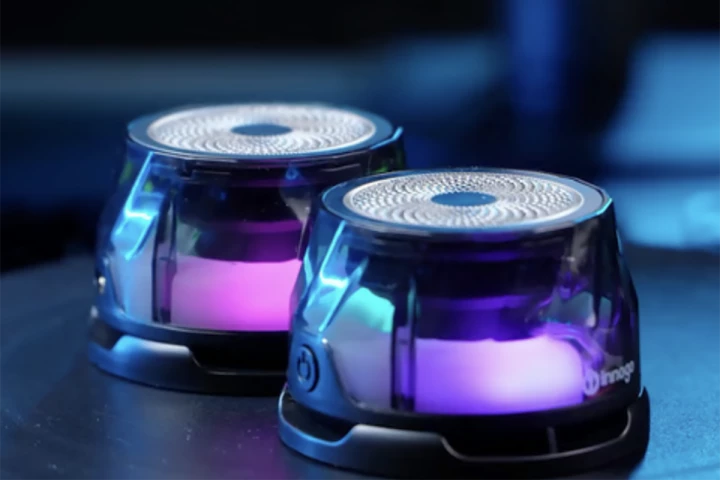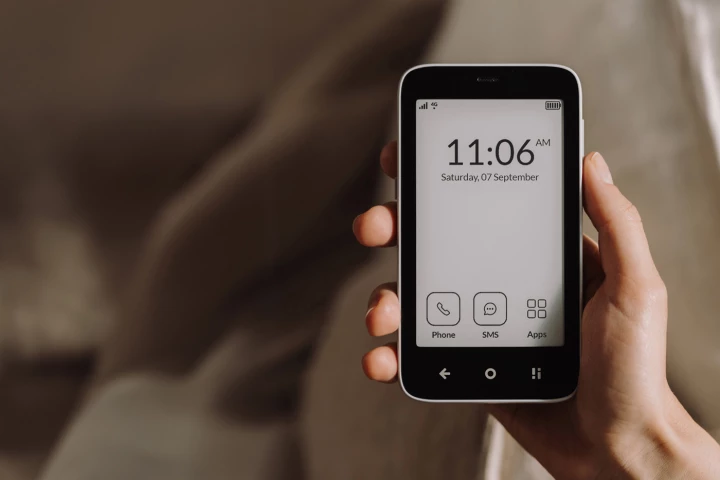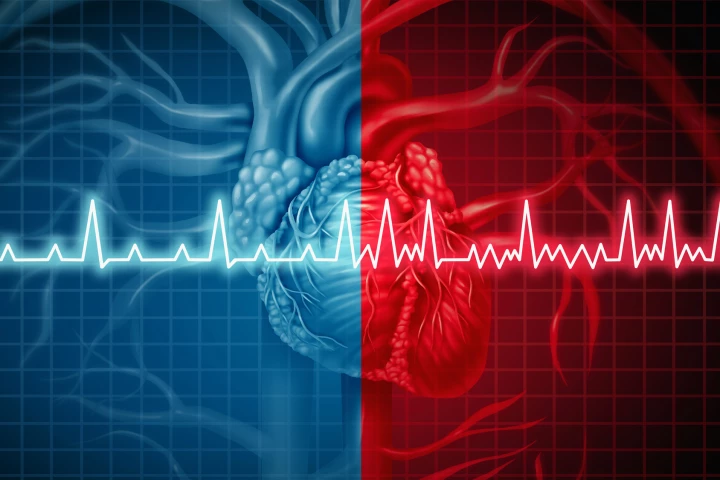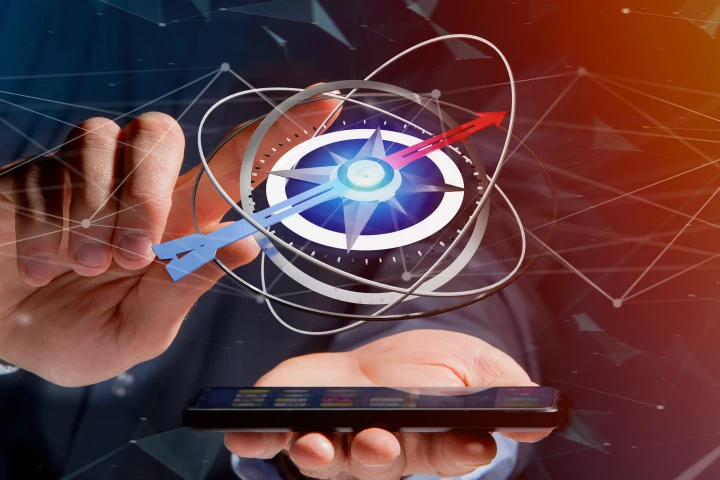Smartphones
-
You can start 2026 like it's 1990 with GameSir's Pocket Taco, a cute compact controller that transforms your phone into a handheld gaming device. It's a bold design move, considering how litigious the original Game Boy maker Nintendo is known to be.
-
The makers of a smart Rubik's Cube-like puzzle have upped the ante with their game technology with a special edition Harry Potter-themed chess board, complete with character pieces. But can AI help you learn how to play? You might be surprised.
-
I love phone accessories that make your device feel more like a camera, so you can shoot more naturally. Xiaomi's run with that concept on the 17 Ultra Leica Edition, whose camera bump doubles as a ring you can twist to adjust the optical zoom.
-
Scrolling on your smartphone while on the toilet may be doing more than passing the time. A new study has found it could raise your risk of hemorrhoids by nearly 50%, thanks to the extra minutes spent sitting.
-
HiDock says its pocket-sized P1 recorder is the first device on the market to capture audio from your Bluetooth earbuds for high-quality recordings. It also uses AI to transcribe and summarize those recordings, and can be had for as little as $99.
-
The third-gen Light Phone from the eponymous New York-based outfit is here. This one gets a bunch of thoughtful new features to help you stay mostly unplugged, while potentially making it easier to live with.
-
There are some gadgets we don't realize we need until we see them, and this mini magnetic Bluetooth speaker – which is also a charger, phone stand and personal light show – is one of them. At just three ounces, it's built for portability and convenience.
-
Researchers have developed technology that allows people to do common smartphone tasks – listen to music, take a phone call, and order food – all by making simple, not-too-socially-awkward gestures with their feet while they’re walking.
-
The all-new Swippitt IPS is a fast power-up solution for mobile phones. Forget handcuffing your iPhone to an electrical socket, simply drop it into the toaster-like Swippitt Hub and walk away with a fully charged battery in a matter of seconds.
-
As someone who constantly battles with their overly distracting phone, I'm glad to see more minimalist handsets on the scene that are designed to be used as little as possible – like the upcoming $473 Mudita Kompakt.
-
Trained on simple heart rate data, an AI model can predict an episode of atrial fibrillation 30 minutes in advance. With plans to incorporate it into a smartphone so it can analyze data from a smartwatch, the model would act as an early warning system.
-
The magnetometer found inside your cellphone acts like a traditional compass to help you navigate your surroundings. Now, researchers are using it to map human biology, and it could ultimately make managing diabetes a lot cheaper and easier.
Load More



